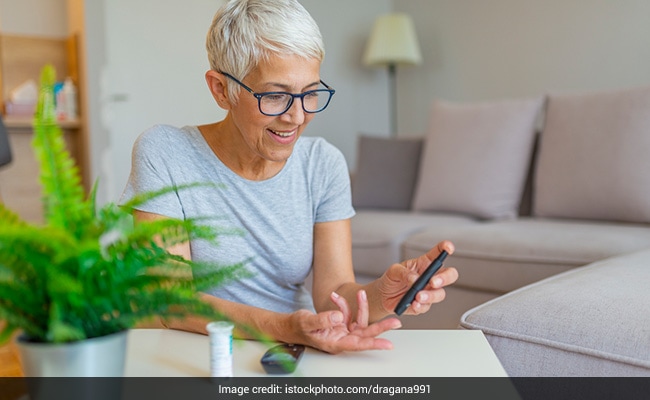Blood
Diabetes: These 3 Expert Tips Can Help Prevent Blood Sugar Spikes After Meals
Consuming high fibre foods can help maintain healthy blood sugar levels
If you are trying to manage diabetes, you must be aware of strategies that can help control blood sugar levels. Also, you must be aware of blood sugar spikes post-meals. Your body breaks down the food you consume. The carbohydrates turn into blood sugar and the level of sugar goes up as you digest and absorb carbs. It is called postprandial blood glucose (after a meal). High blood sugar can be dangerous and if left uncontrolled for a prolonged period it can contribute to complications linked with diabetes.
In an Instagram reel, nutritionist Nmami Agarwal shared a few tips that can help control blood sugar spikes after eating, especially if you’ve overeaten a meal. Let’s take a look at these.
Tips to prevent spikes post-meals
1. Stay active after meals
The nutritionist recommends staying physically active after finishing a meal. You can go for a walk, stroll or climb stairs for at least 15-20 minutes after eating. It will help prevent rapid absorption of carbohydrates and help regulate blood sugar levels.
Physical movement will help your muscles burn the carbs consumed instead of storing them.
2. Try these desi drinks
The nutritionist has shared two desi drinks that can help prevent spikes. She recommends drinking a glass of cinnamon or fenugreek water after meals.
“These drinks can aid in digestion and promote a gradual release of glucose into the bloodstream, known for their potential to improve insulin sensitivity and regulate blood sugar levels,” she wrote in the caption.
3. Add curd to your meals
Probiotics are known to boost gut health. Nmami mentioned that including curd in your meals can help improve insulin sensitivity and blood sugar control.
The protein and fat content of curd also helps slow down the absorption of carbohydrates, preventing sudden spikes in blood sugar.
It is also essential for people with diabetes to check their blood sugar levels regularly. It will help them take necessary precautions on time.
Disclaimer: This content including advice provides generic information only. It is in no way a substitute for a qualified medical opinion. Always consult a specialist or your own doctor for more information. NDTV does not claim responsibility for this information.

